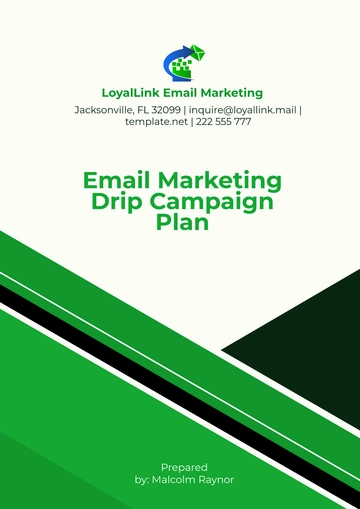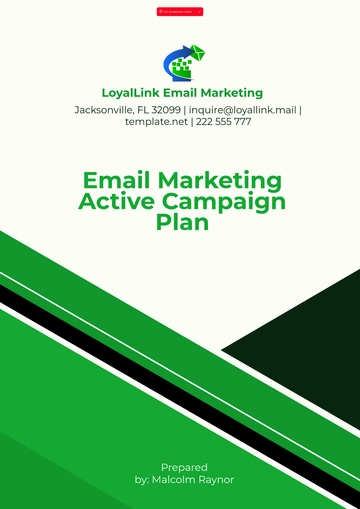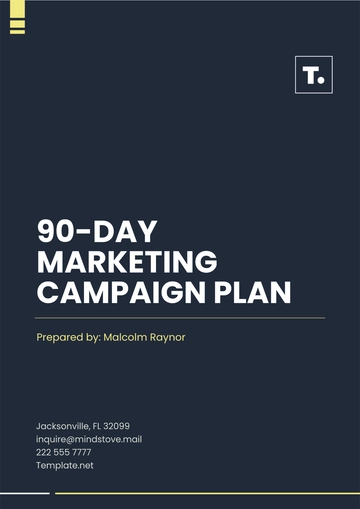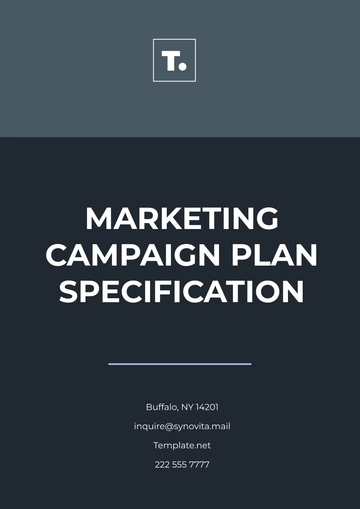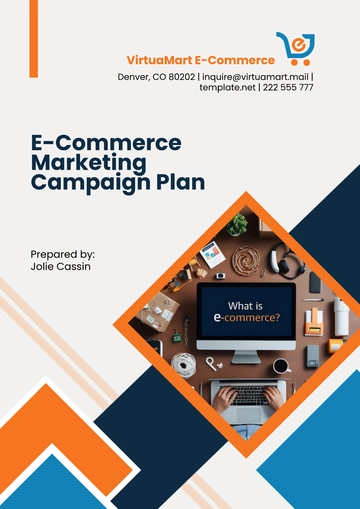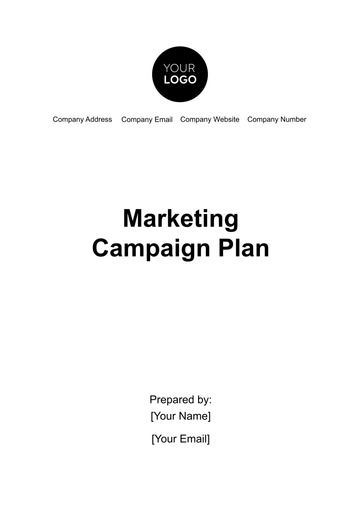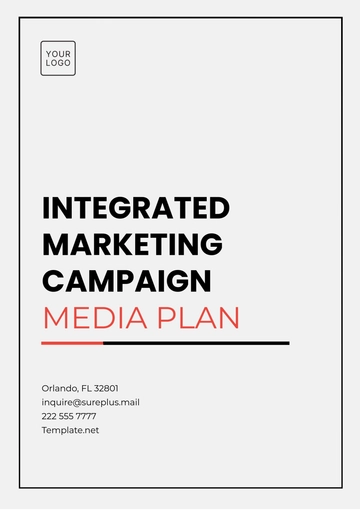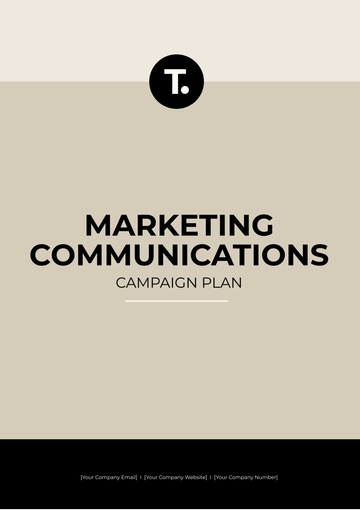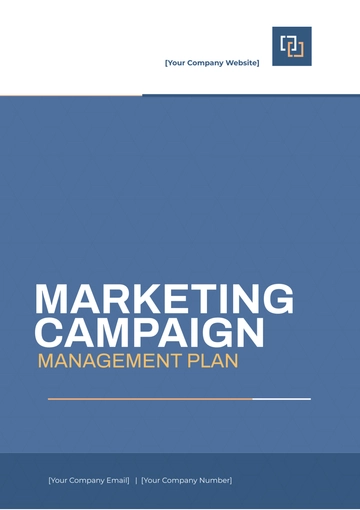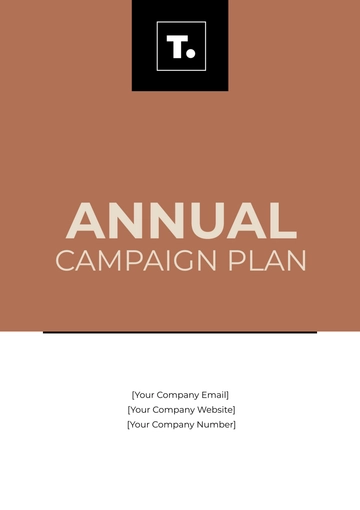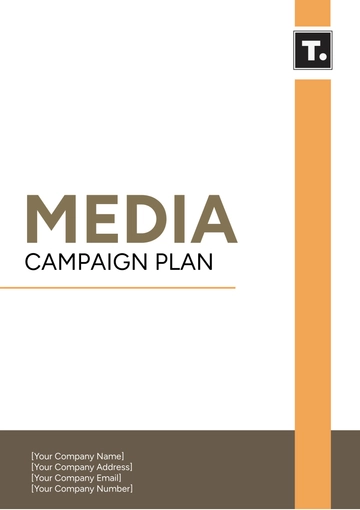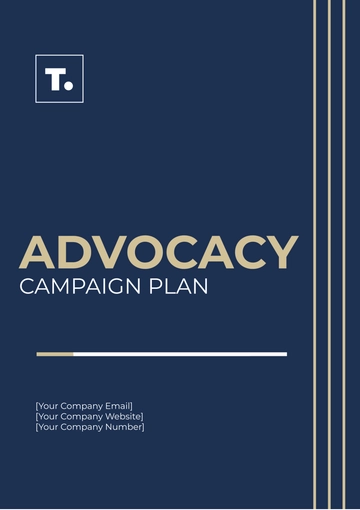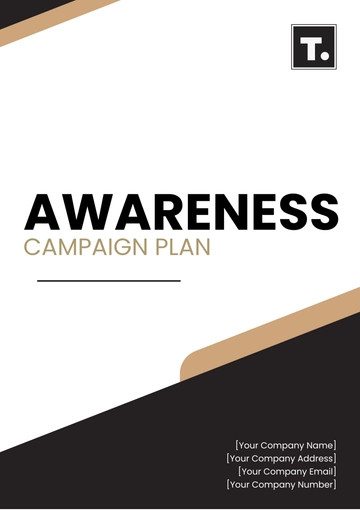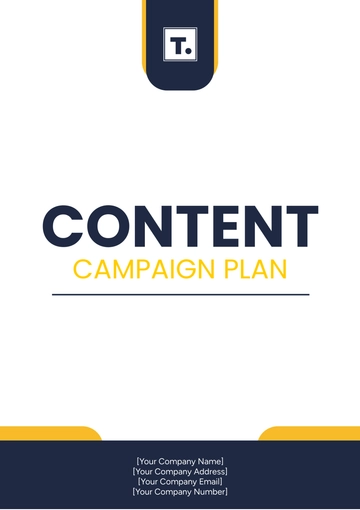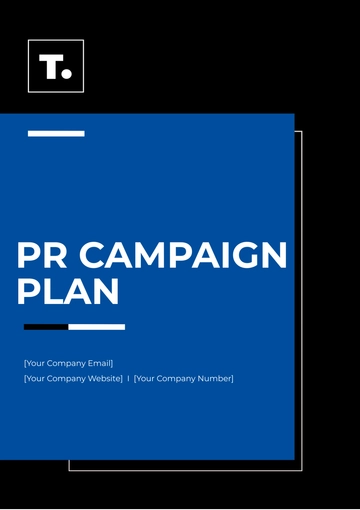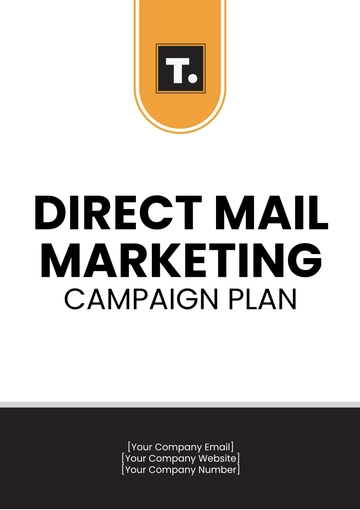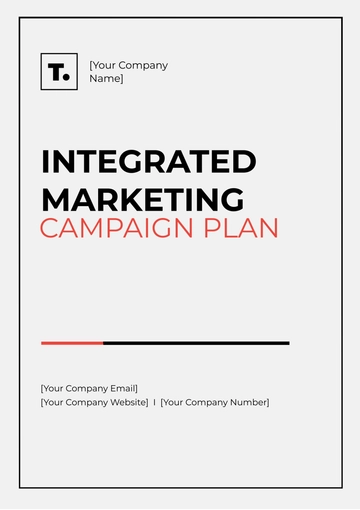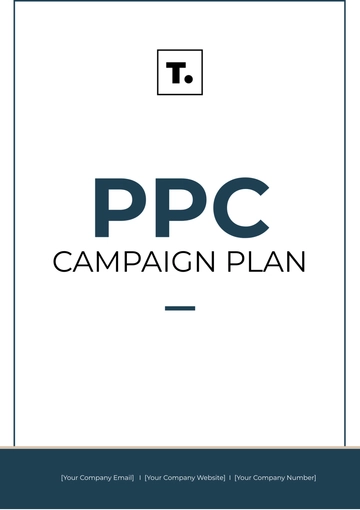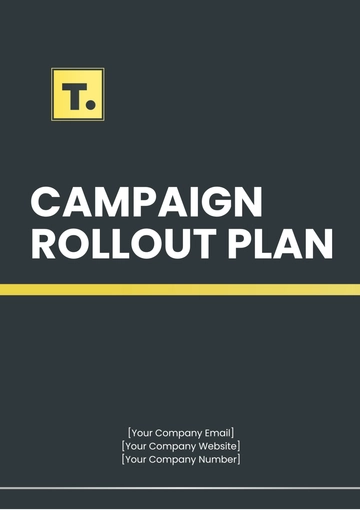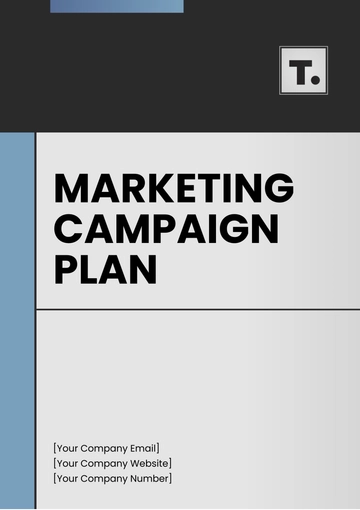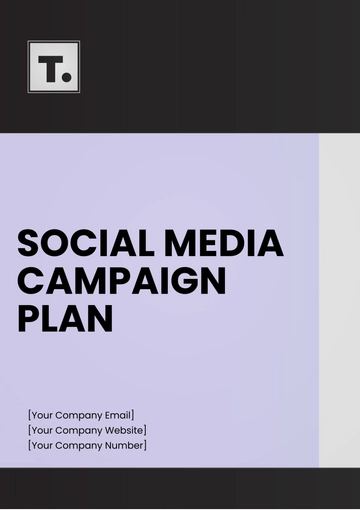Free Advocacy Campaign Plan
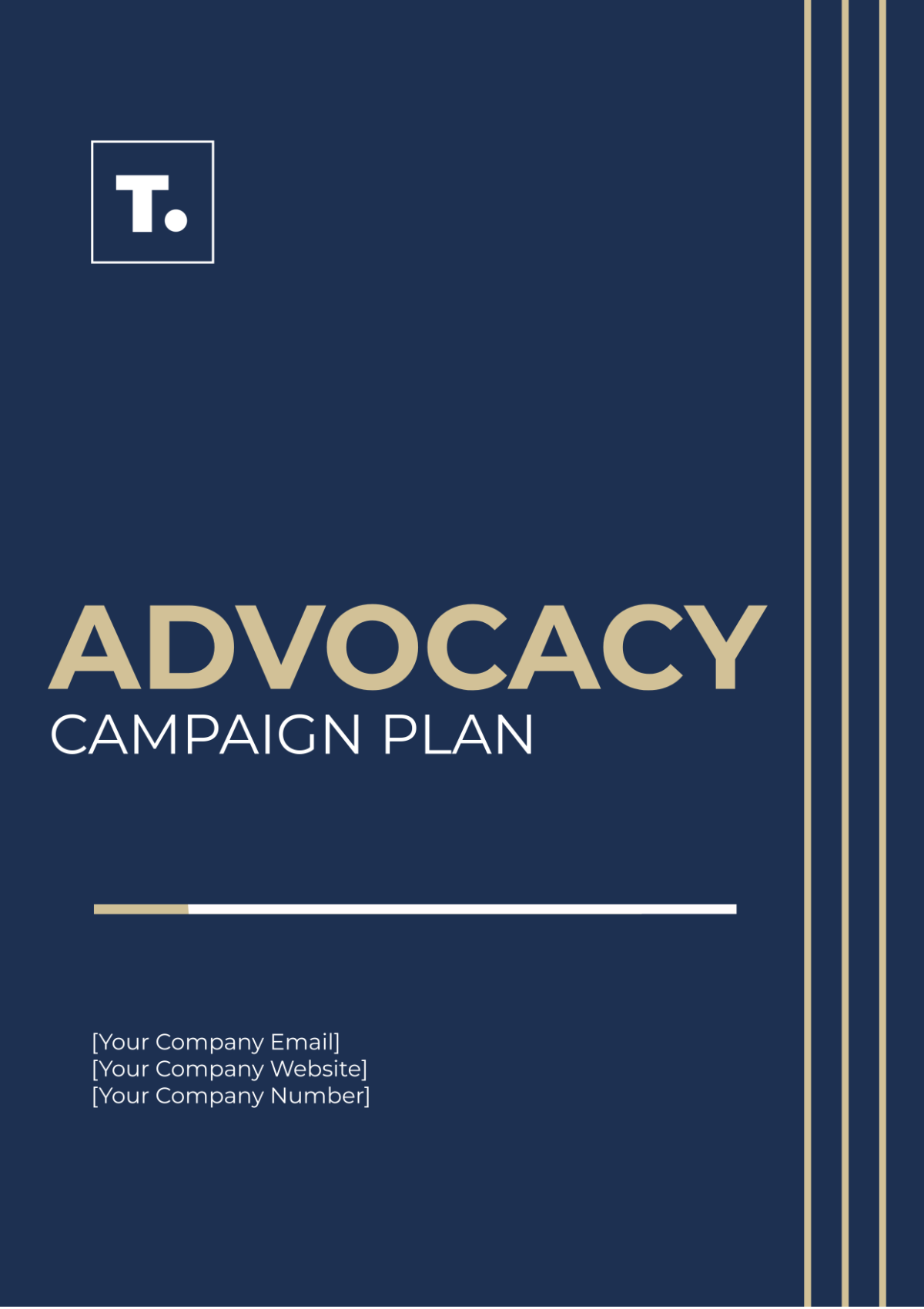
_____________________________________________________________________________________
I. Executive Summary
The LGBTQ+ Anti-Discrimination Legislation Advocacy Campaign, spearheaded by [Your Company Name], aims to lobby for the passage of comprehensive anti-discrimination laws to protect the rights of LGBTQ+ individuals in all areas of life, including employment, housing, and public accommodations. By advocating for inclusive legislation, [Your Company Name] seeks to ensure equality and fairness for all members of the LGBTQ+ community.
_____________________________________________________________________________________
II. Background and Context
Despite advancements in LGBTQ+ rights, discrimination against LGBTQ+ individuals persists in various forms across the United States. Many states lack comprehensive laws protecting LGBTQ+ individuals from discrimination based on sexual orientation and gender identity. This legislative gap perpetuates inequality, undermines basic human rights, and contributes to societal marginalization.
_____________________________________________________________________________________
III. Goals and Objectives:
Goal 1: Advocate for the passage of state-level anti-discrimination laws protecting LGBTQ+ individuals.
Objective 1.1: Secure bipartisan support for proposed legislation.
Objective 1.2: Garner public awareness and support for LGBTQ+ rights.
Goal 2: Ensure enforcement mechanisms are in place to uphold anti-discrimination laws effectively.
Objective 2.1: Advocate for the establishment of dedicated enforcement agencies or mechanisms.
Objective 2.2: Ensure adequate resources are allocated for enforcement efforts.
_____________________________________________________________________________________
IV. Target Audience
State legislators and policymakers
LGBTQ+ advocacy organizations and allies
LGBTQ+ individuals and their allies
Community leaders and influencers
_____________________________________________________________________________________
V. Strategies and Tactics
Legislative Advocacy
Lobby state legislators through direct meetings, letters, and calls to advocate for the introduction and passage of anti-discrimination bills.
Coalition Building
Form alliances with other advocacy groups, civil rights organizations, and community leaders to amplify our advocacy efforts and build a broader support base.
Public Education and Awareness
Conduct outreach campaigns to educate the public about the importance of anti-discrimination laws for LGBTQ+ individuals and their communities.
Media Engagement
Utilize traditional media, social media platforms, and press releases to disseminate information, share personal stories, and garner media coverage to raise awareness and generate public support.
_____________________________________________________________________________________
VI. Timeline
Months 1-3 | Research and analysis of existing legislation, identification of key stakeholders, and coalition building. |
Months 4-6 | Legislative advocacy efforts, including meetings with legislators, drafting and promoting anti-discrimination bills, and grassroots mobilization. |
Months 7-9 | Public awareness campaigns, media engagement, and community outreach events to garner support and visibility for the campaign. |
Months 10-12 | Final push for legislative action, including rallies, petitions, and targeted advocacy efforts to ensure the passage of anti-discrimination laws. |
_____________________________________________________________________________________
VII. Resources and Budget
Personnel
Campaign coordinator, legislative advocates, communications team, and volunteer organizers.
Outreach Materials
Printing costs for educational materials, campaign literature, and promotional items.
Travel and Accommodation
Expenses related to travel for lobbying visits, coalition meetings, and community events.
Technology and Media
Budget for social media advertising, website maintenance, and media outreach efforts.
_____________________________________________________________________________________
VIII. Evaluation and Metrics
The number of legislators contacted and engaged in discussions about anti-discrimination legislation.
Public support metrics, including petition signatures, social media engagement, and attendance at campaign events.
Legislative outcomes, including the introduction, progression, and passage of anti-discrimination bills.
Media coverage and visibility metrics, such as press mentions, article reach, and audience engagement.
_____________________________________________________________________________________
- 100% Customizable, free editor
- Access 1 Million+ Templates, photo’s & graphics
- Download or share as a template
- Click and replace photos, graphics, text, backgrounds
- Resize, crop, AI write & more
- Access advanced editor
Discover the ultimate solution for your advocacy campaign needs with the Advocacy Campaign Plan Template from Template.net. Crafted with precision, this editable and customizable template empowers you to outline your strategies effortlessly. Tailor your campaign to perfection with ease, thanks to its compatibility with our AI Editor Tool. Elevate your advocacy efforts today!
You may also like
- Finance Plan
- Construction Plan
- Sales Plan
- Development Plan
- Career Plan
- Budget Plan
- HR Plan
- Education Plan
- Transition Plan
- Work Plan
- Training Plan
- Communication Plan
- Operation Plan
- Health And Safety Plan
- Strategy Plan
- Professional Development Plan
- Advertising Plan
- Risk Management Plan
- Restaurant Plan
- School Plan
- Nursing Home Patient Care Plan
- Nursing Care Plan
- Plan Event
- Startup Plan
- Social Media Plan
- Staffing Plan
- Annual Plan
- Content Plan
- Payment Plan
- Implementation Plan
- Hotel Plan
- Workout Plan
- Accounting Plan
- Campaign Plan
- Essay Plan
- 30 60 90 Day Plan
- Research Plan
- Recruitment Plan
- 90 Day Plan
- Quarterly Plan
- Emergency Plan
- 5 Year Plan
- Gym Plan
- Personal Plan
- IT and Software Plan
- Treatment Plan
- Real Estate Plan
- Law Firm Plan
- Healthcare Plan
- Improvement Plan
- Media Plan
- 5 Year Business Plan
- Learning Plan
- Marketing Campaign Plan
- Travel Agency Plan
- Cleaning Services Plan
- Interior Design Plan
- Performance Plan
- PR Plan
- Birth Plan
- Life Plan
- SEO Plan
- Disaster Recovery Plan
- Continuity Plan
- Launch Plan
- Legal Plan
- Behavior Plan
- Performance Improvement Plan
- Salon Plan
- Security Plan
- Security Management Plan
- Employee Development Plan
- Quality Plan
- Service Improvement Plan
- Growth Plan
- Incident Response Plan
- Basketball Plan
- Emergency Action Plan
- Product Launch Plan
- Spa Plan
- Employee Training Plan
- Data Analysis Plan
- Employee Action Plan
- Territory Plan
- Audit Plan
- Classroom Plan
- Activity Plan
- Parenting Plan
- Care Plan
- Project Execution Plan
- Exercise Plan
- Internship Plan
- Software Development Plan
- Continuous Improvement Plan
- Leave Plan
- 90 Day Sales Plan
- Advertising Agency Plan
- Employee Transition Plan
- Smart Action Plan
- Workplace Safety Plan
- Behavior Change Plan
- Contingency Plan
- Continuity of Operations Plan
- Health Plan
- Quality Control Plan
- Self Plan
- Sports Development Plan
- Change Management Plan
- Ecommerce Plan
- Personal Financial Plan
- Process Improvement Plan
- 30-60-90 Day Sales Plan
- Crisis Management Plan
- Engagement Plan
- Execution Plan
- Pandemic Plan
- Quality Assurance Plan
- Service Continuity Plan
- Agile Project Plan
- Fundraising Plan
- Job Transition Plan
- Asset Maintenance Plan
- Maintenance Plan
- Software Test Plan
- Staff Training and Development Plan
- 3 Year Plan
- Brand Activation Plan
- Release Plan
- Resource Plan
- Risk Mitigation Plan
- Teacher Plan
- 30 60 90 Day Plan for New Manager
- Food Safety Plan
- Food Truck Plan
- Hiring Plan
- Quality Management Plan
- Wellness Plan
- Behavior Intervention Plan
- Bonus Plan
- Investment Plan
- Maternity Leave Plan
- Pandemic Response Plan
- Succession Planning
- Coaching Plan
- Configuration Management Plan
- Remote Work Plan
- Self Care Plan
- Teaching Plan
- 100-Day Plan
- HACCP Plan
- Student Plan
- Sustainability Plan
- 30 60 90 Day Plan for Interview
- Access Plan
- Site Specific Safety Plan

